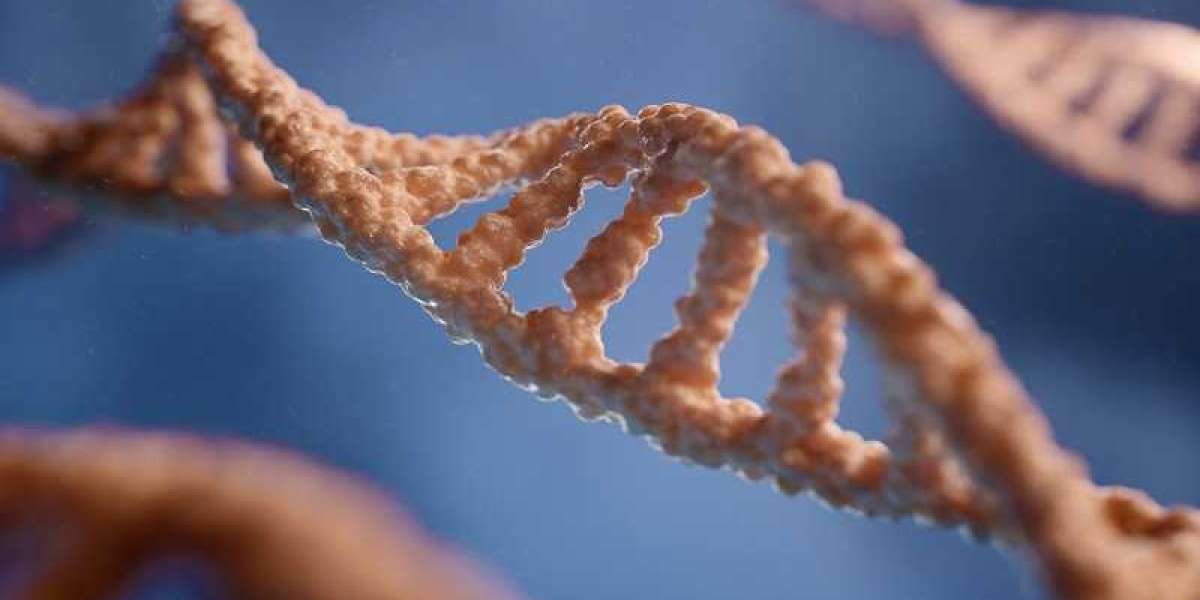Chitosan, a naturally occurring biopolymer derived from chitin, the structural component of crustacean shells, has emerged as a versatile material with a wide range of promising applications. Its unique properties, including biocompatibility, biodegradability, and non-toxicity, make it an attractive alternative to synthetic polymers in various fields, particularly in biomedical and environmental applications.
Properties of Chitosan
Chitosan's remarkable properties stem from its molecular structure, a linear chain of glucosamine and N-acetylglucosamine units. This structure imparts several key characteristics:
- Biocompatibility: Chitosan's resemblance to natural biomolecules in the body makes it well-tolerated by living tissues, reducing the risk of adverse reactions.
- Biodegradability: Chitosan is biodegradable, breaking down naturally into non-toxic byproducts, making it an environmentally friendly choice.
- Non-toxicity: Chitosan is non-toxic, posing no health concerns for humans or animals, further enhancing its suitability for biomedical applications.
- Cationic Charge: Chitosan carries a positive charge, allowing it to interact and bind with negatively charged molecules, such as proteins and nucleic acids. This property plays a crucial role in its applications in drug delivery, wound healing, and water purification.
Applications of Chitosan
Chitosan's unique properties have opened up a vast array of potential applications across various fields:
Biomedical Applications:
- Drug Delivery: Chitosan's ability to bind and release drugs makes it an ideal material for controlled drug delivery systems, enabling targeted and sustained release of therapeutic agents.
- Wound Healing: Chitosan promotes wound healing by stimulating cell growth, reducing inflammation, and providing a protective barrier. It is used in wound dressings, bandages, and tissue engineering scaffolds.
- Tissue Engineering: Chitosan's biocompatibility and ability to mimic the structure of extracellular matrix make it a promising material for tissue engineering scaffolds, supporting cell growth and regeneration.
Environmental Applications:
- Water Purification: Chitosan's ability to adsorb pollutants, such as heavy metals, dyes, and organic contaminants, makes it an effective material for water purification.
- Biosorption of Heavy Metals: Chitosan can effectively remove heavy metals from wastewater, offering a sustainable solution for environmental remediation.
- Fertilizer Encapsulation: Chitosan can encapsulate fertilizers, allowing for controlled release of nutrients and reducing soil erosion.
Other Applications:
- Food Production: Chitosan is used in food preservation to extend shelf life and control microbial growth.
- Cosmetics: Chitosan is used in cosmetic formulations due to its moisturizing and skin-conditioning properties.
- Textile Industry: Chitosan is used in textile applications to enhance antibacterial and anti-odor properties.
Challenges and Future Directions
Despite its extensive potential, chitosan still faces some challenges before widespread commercialization:
- Solubility: Chitosan is soluble only in acidic solutions, limiting its use in some applications. Developing methods to enhance its solubility in neutral and alkaline conditions is crucial.
- Processing Techniques: Processing chitosan into various forms, such as films, fibers, and nanoparticles, can be challenging. Developing efficient and cost-effective processing techniques is essential for expanding its applications.
- Standardization: Establishing standardized production methods and quality control measures is crucial for ensuring the consistent quality and performance of chitosan products.
As research continues to advance, chitosan is poised to play an increasingly significant role in various industries. With continued efforts to address the challenges and expand its applications, chitosan has the potential to revolutionize various sectors, from healthcare and environmental protection to food production and biotechnology.
Chitosan at Matexcel
Matexcel provides animal-free chitosan for worldwide researchers from academia and industry. Featured products include: Mushroom chitosan, 50-600mpa.s, Water soluble Mushroom Chitosan, Mushroom Chitosan oligosaccharide, Aspergillus Niger Chitosan, 20-500mpa.s, Water soluble Aspergillus niger Chitosan, and Aspergillus Niger Chitosan oligosaccharide.








